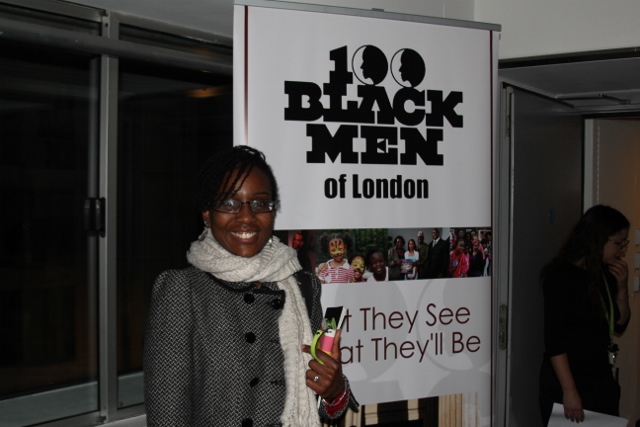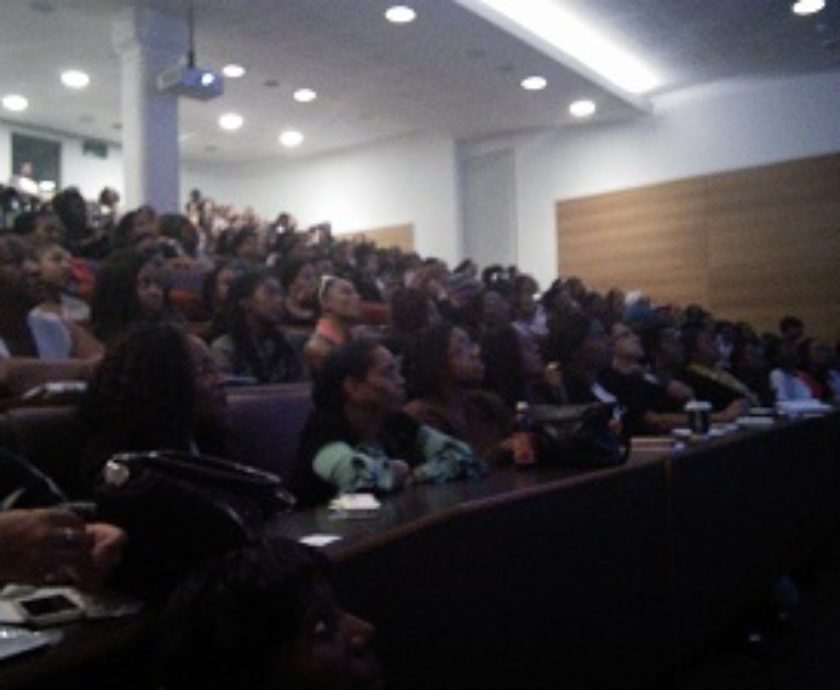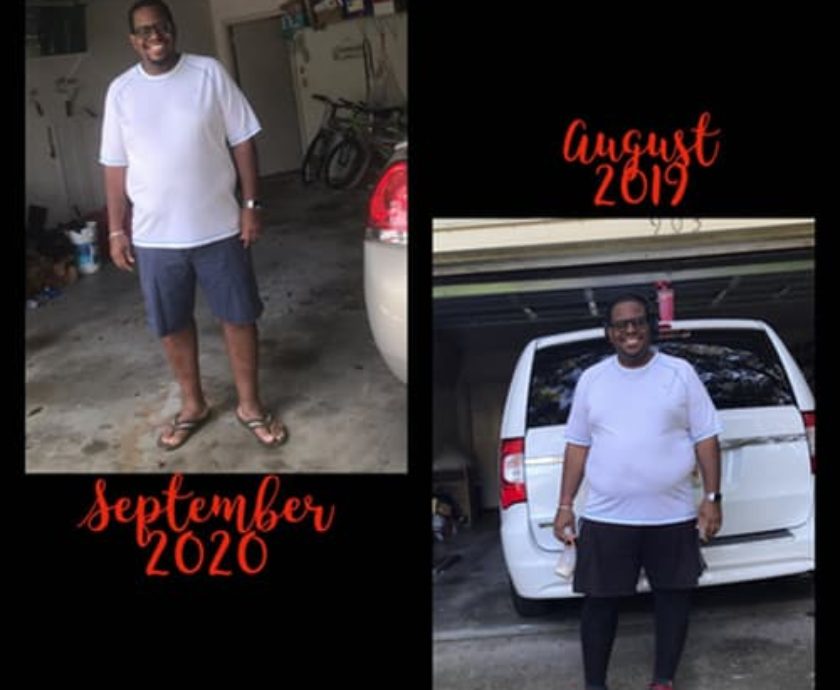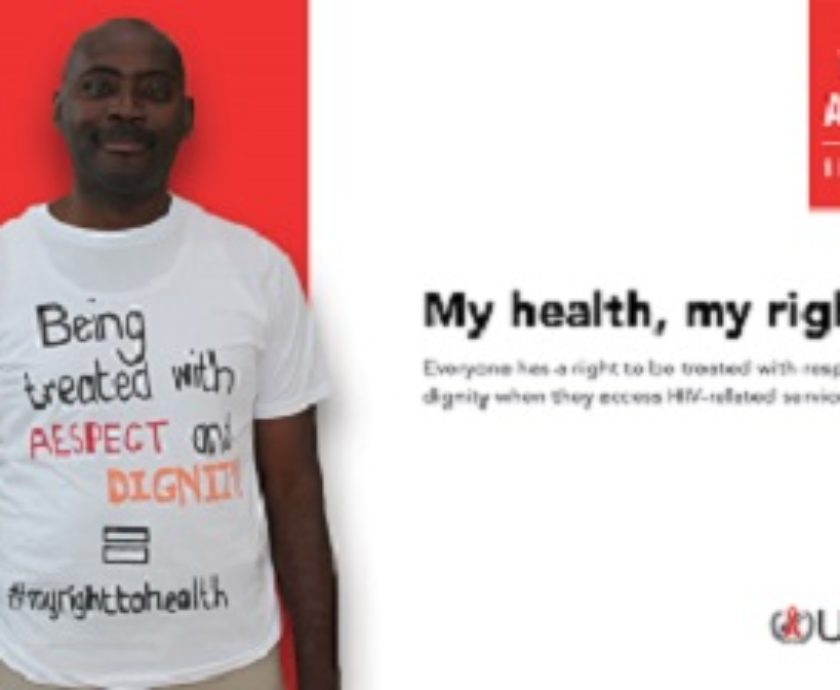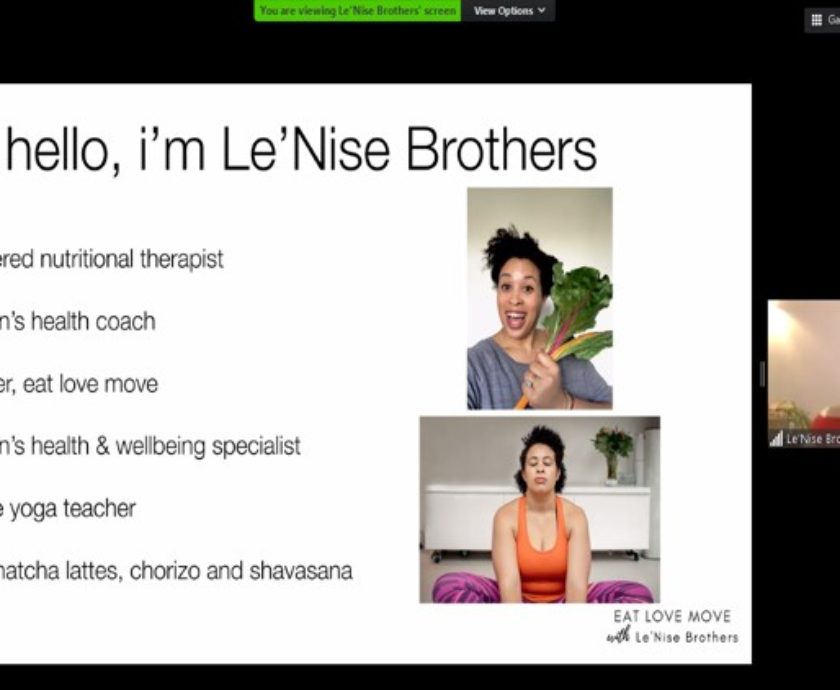On Tuesday, we attended an event hosted by King’s College London and Ipsos MORI entitled “Public health: an individual’s or the government’s responsibility?”. This was a really interesting event that featured:
- Duncan Selbie, Chief Executive of Public Health England
- Ben Page, Chief Executive of Ipsos MORI
- Janet Atherton, President of the Association of Directors for Public Health
- Louise Park, Head of Public Health Research at Ipsos MORI
- Dr James Rubin, Senior Lecturer at King’s College London
The speakers explored the range of approaches that the government use to encourage the public to adopt a healthy lifestyle (education, incentives, taxation, bans and innovative behavioural science techniques) and the public’s reaction to these. The key questions this event aimed to answer were: Does the public welcome such approaches and where do they draw the line between individual and state responsibility?
These questions were answered by Louise Park, Head of Public Health Research at Ipsos MORI, who presented data from a recent study. This study showed that the public were evenly split about their feelings about government involvement in influencing an individual’s behaviour to encourage a healthy lifestyle with 39% saying the government should intervene and 32% saying the government should not intervene.
In terms of where the public begins to draw the line between individual and state responsibility for health, predictably the public starts to draw the line as they begin to feel their freedom of choice is being compromised.
The findings from the Ipsos MORI study opened up a discussion on the role the government should play. Generally it was felt that the government should be an information provider who gently nudges the public into rethinking their behaviour but there was concern from attendees that the government does give mixed messages which can be confusing and this is further compounded by media misrepresentation of the facts. In response to this Public Health England stressed that the government follows the most reliable evidence when providing information and will continue to stand by that approach.
The event ended with agreement that improving the public’s health requires everyone to take some responsibility, this includes members of the public, the government, food manufacturers, restaurants, schools and many more.
This was a good debate to have and we recognise the role that charities like ourselves can play in developing healthy lifestyle programmes for communities that the government does not reach.







